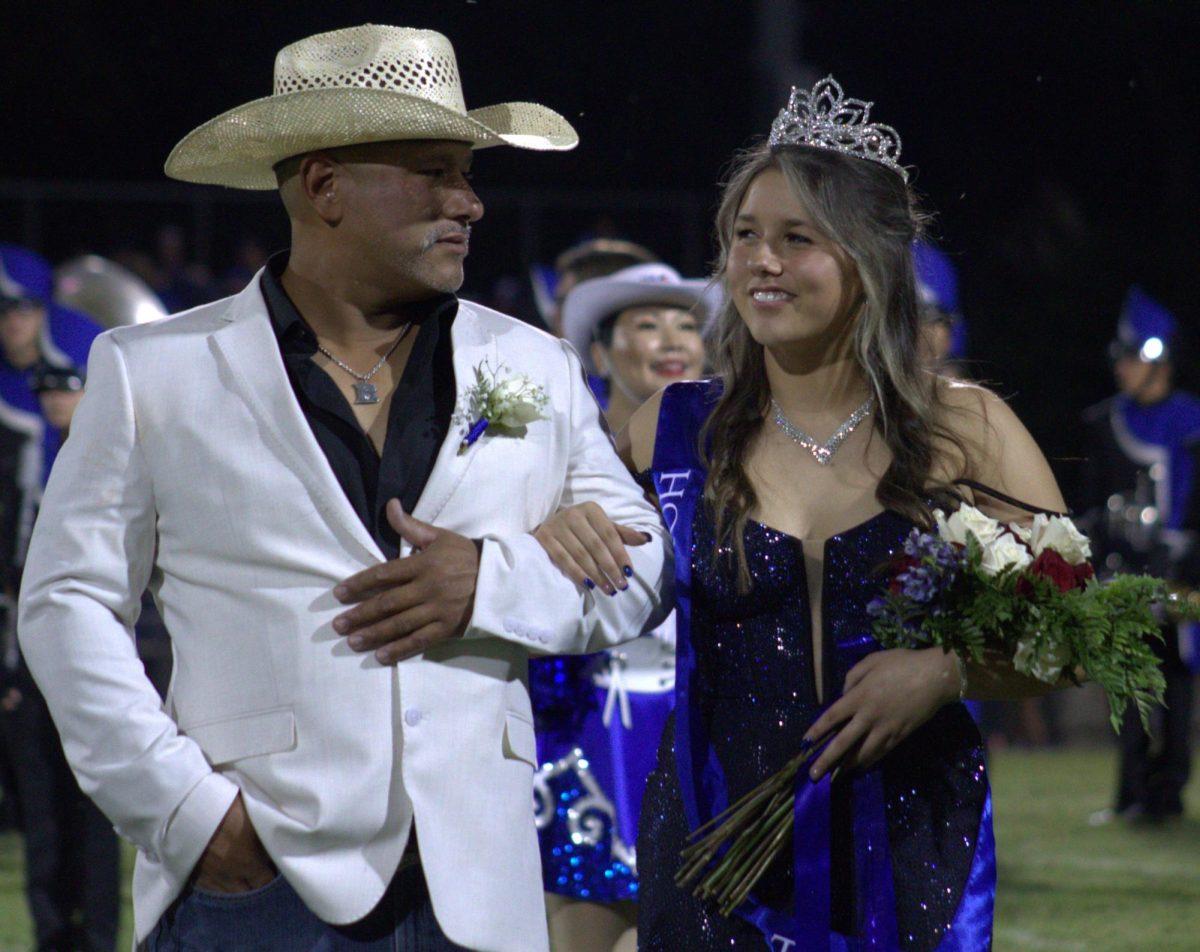All students who signed up for Advanced Placement exams offered by College Board will take them during the final two weeks of school May 6-14. If a student scores high enough on their AP exam, they will receive college credit for that subject.
“I want my students to go in confident knowing that all materials were covered in class,” AP Music Theory teacher and Band Director Eduardo Zambrano said. “All they have to do is relax and apply their knowledge.”
A change this year from years prior is that students may have to take both an AP and final exam on the same day, since AP exams lean into finals week.
“I don’t really think finals and AP exams should be on the same day,” AP English Literature & Composition teacher Nathaniel Brayton said. “For AP students, AP exams carry a tremendous amount of weight for their future into college as they can gain college credit from these tests.”
AP Government & Politics and Macroeconomics teacher Danelle Ecker believes that there is no issue with colliding AP and final exams on the same day.
“When they get to college, they will have several impedance exams on the same day,” she said. “This just helps them prepare for college expectations more.”
AP classes have been studying more recently to prepare for exams.
“In order to prepare myself for the AP exam, I have been revising the topics in which I feel less confident with and revising strategies that can help improve my ability to remember steps that aid in recalling certain rules,” junior and English Language & Composition student Yanina Gonzalez Villegas said. “One of those strategies is C.H.E.L.P.S. (current event, historical event, environment/economics, literature, pop culture, science/sports) that helps with the collection of evidence when writing essays.”
Brayton’s strategy for helping students prepare for their AP exam is to incorporate techniques used when analyzing literature into modern culture.
“My philosophy is if my students can analyze movies, tv shows or video games, they can use those same skills to analyze literature,” he said.
Ecker’s strategy for helping students prepare for the AP Government & Politics exam is to give them study material such as “5 Steps to a 5” to read to help them review.
“For the AP Macroeconomics exam, I give them review packets that contain all of the graphs and formulas they need to know with study guides and strategies on answering the MCQs (Multiple Choice Questions) and FRQs (Free Response Questions),” she said. “[The strongest skill] for them [to master is] answering the multiple choice questions. I say this only because I know they really do not like the FRQs.”
To strengthen confidence, students have set goals to achieve for their AP exam.
“My biggest goal in regard to the AP English Language exam is to, hopefully, achieve a decent score,” Gonzalez Villegas said.
Even if a student doesn’t pass their AP exam or achieve their goal, it’s the experience that still counts in the end.
“I want my AP students to know that I know they are all capable and will do an amazing job, but also that one test does not define the person they are,” Brayton said. “If they give it their all, then there is nothing more I can ask from them.”







